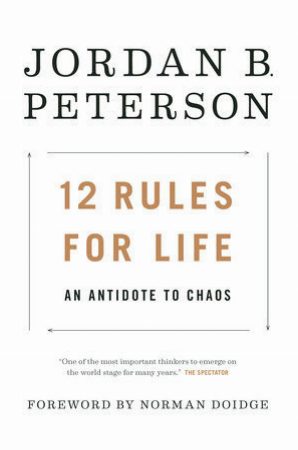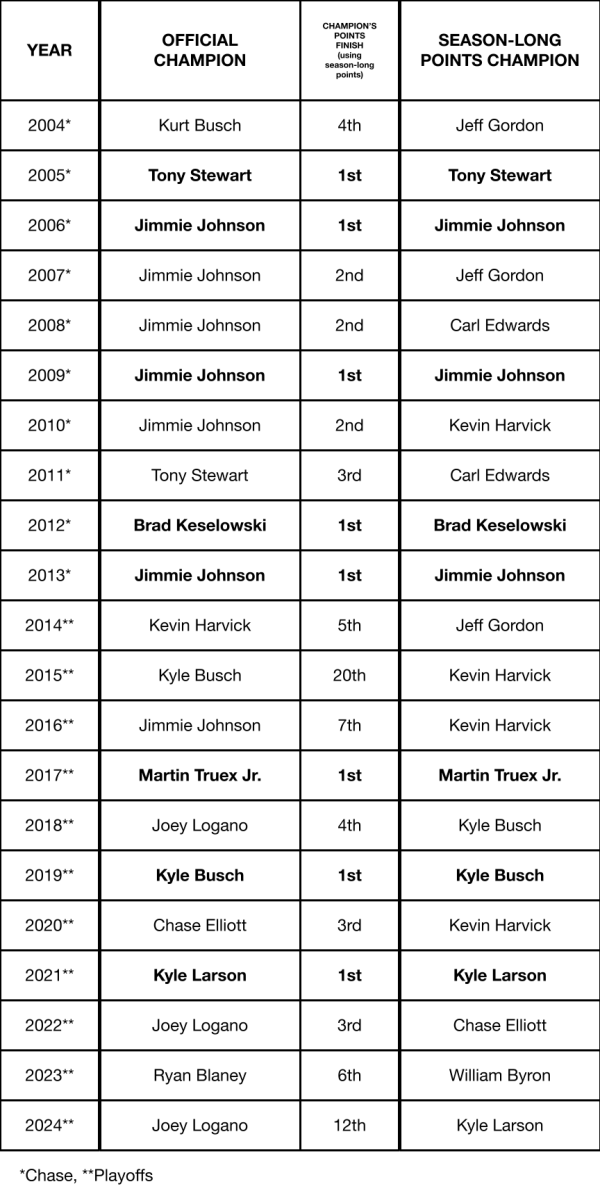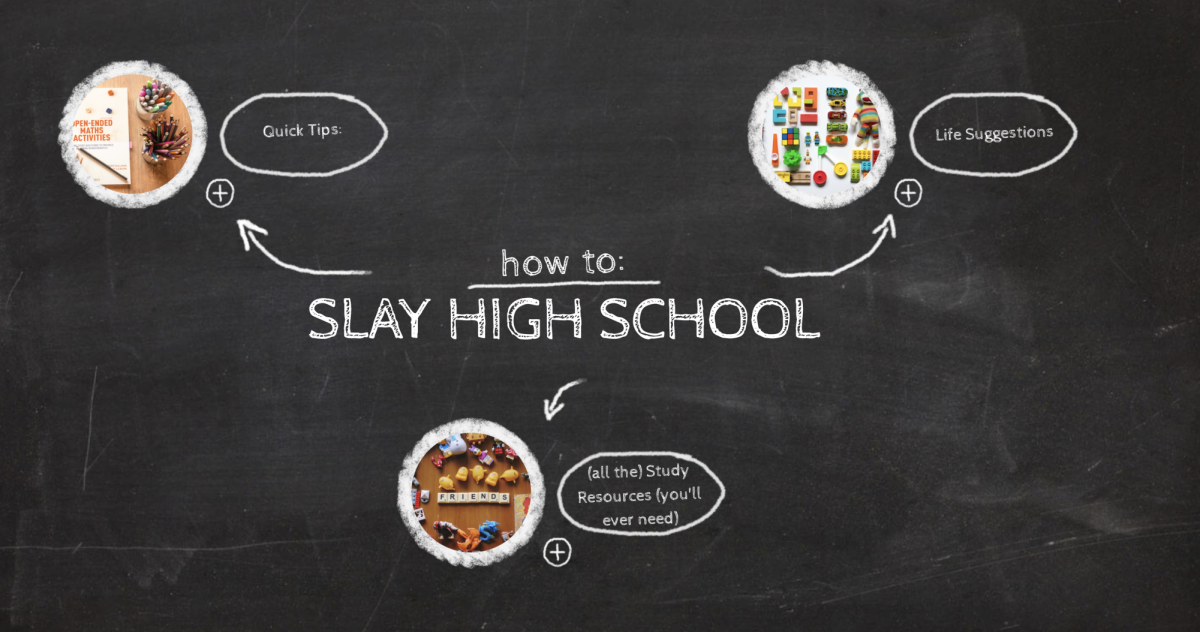In the midst of a very confusing, if not outright chaotic, social climate in America, it’s a pleasant surprise to see such a book welcome us into early 2018. The book is “12 Rules for Life: an Antidote to Chaos” by Dr. Jordan B. Peterson.
Perhaps what best sums up “12 Rules for Life” is the fact it is simultaneously listed under psychology, philosophy and self help. Peterson’s book looks at society and the individual, in one move tearing down false ideas about hierarchies, power, and human nature only to carefully and tenderly nurture new ideas of the balance between order and chaos, as well as humanity’s need to bear their “Being”, or the collection of suffering and pain that comes with existence.
For many, one of the biggest draw towards this book is the sheer intellectualism. Peterson knows how to formulate an argument and intelligently defend, grow and spread it. One of the criticisms I’ve heard about this book is that some of the “12 Rules” are simple once stripped of all his analysis and big words. To be honest, some of Peterson’s rules sound, at first, like something you’d hear in some cheesy YouTube video meant to “boost confidence.” For instance, the first rule: “Stand up straight with your shoulders back.” The standard YouTube personality might validate this rule by explaining it makes you look attractive or it simply just “boosts confidence.” Peterson, however, starts by talking about lobsters’ brains. That sounds like a leap that shouldn’t work, but it does.
Peterson explains all of his rules by analyzing seemingly anything he can get his hands on. Religious texts, personal experiences, infamous figures, totalitarian regimes, animals’ neurochemistry, relevance of technology, other psychologists and social commentators, the list goes on. This strange list of concepts sounds like they can’t possibly fit coherently with each other, but they do beautifully. Peterson flawlessly bounds from topic to topic in a way only a

true genius can, in this case using the way lobsters produce serotonin in their brains and ascend the lobster hierarchy to discuss natural hierarchies and neurochemistry that we as humans share (to grossly oversimplify). His intelligent dissection of every topic he is presented with takes some of these seemingly simple statements and authentically and brilliantly convinces you of their legitimacy and profoundness.
Something I found really interesting reading the book is one of his key ideas. He talks often of something he calls “Being”, or the state of suffering everyone goes through and must go through. He explains that a person’s ultimate purpose should be to bear Being, to bear the suffering of life itself, and then we can find success and happiness. Peterson has quite often been commended for simply telling members of his audience, in different words, “get your act together”, a commendation he finds upsetting as he believes as something everyone should be told, not as something revolutionary. He preaches self responsibility in an age that, arguably, needs it the most.
Now something that can immediately turn someone away from a book like this is the sheer amount of religious references. Peterson himself is a devout Christian and uses a lot of Biblical analysis in his book, and there are many readers who may be upset by this. I have even heard some individuals claim that these religious references actually invalidate his arguments. However, to those individuals, I’d like to make a case. Say you hate poker. Perhaps gambling in general. In fact, the mere sight of a deck of cards makes your skin crawl. Now say someone makes a house out of those cards. Better yet, a mansion. Are you going to deny it being impressive? Okay, so it isn’t perfect, but it’s close enough.
Peterson’s use of religion is by no means the same as a preacher quoting the Bible. He dissects biblical stories of Adam and Eve, Cain and Abel, and Jesus and Satan, managing to distill them into universal stories of good and evil, order and chaos, and human nature, even then applying them to other mythologies and religions. Peterson has stated that his own personal theory is that these biblical stories are metaphorical tales from our ancestors, advising future generations based on their past, and as such he never really goes into the literal with his analysis. You don’t have to be religious to appreciate some of Peterson’s brilliant psychological theses.
When it comes to accessibility, I’m not going to lie, this book isn’t for everyone. Now don’t misunderstand, I think everyone should read this, but I know not everyone’s going to be able to. Peterson doesn’t dumb down anything. The book’s ideas are complex and no amount of anecdotes can simplify things enough to be called an easy read. Reading this book is somewhat of a commitment, not helped by the length. You have to want to read this book, desire further knowledge, and take time to truly appreciate what Peterson is saying. At least, if you want to take anything away from it. Peterson also helps this significantly by consistently peaking your interest, guiding you through the complex material. Though it might be daunting, the book is still packed with fascinating knowledge that makes every rule worth it.
Overall, I’d say the best way to enjoy this book is to have someone else who is interested in Peterson’s philosophy to talk with (or talk at in my case). This really enhances the experience as you’ll find yourself, subconsciously and actively, applying his rules into your own life. Though I didn’t try it, I believe this would be a good book for a book club, for the same reason.
Though it is too much on the heftier side to be an easy read, the complexity added to the enjoyment. I don’t exaggerate when I say that a book like this could fix a lot of society’s problems if everyone took time to read it. Now that won’t happen, but for those who want to better themself, even a little bit, I prescribe “12 Rules for Life: an Antidote to Chaos” and I recommend involving yourself with more of Peterson’s work, such as the good work he does on his YouTube channel (Jordan B. Peterson on YouTube).





